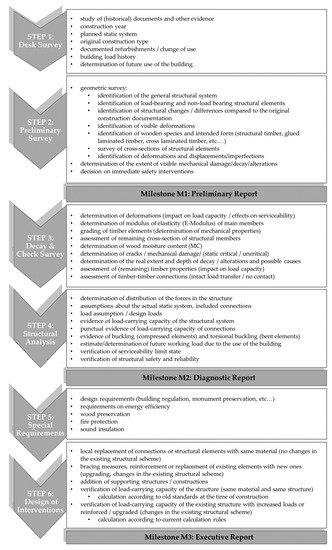
A Case Study on the Use of Participation as an Instrument to Enhance Rights Awareness-Raising and Policy Making
The Disability Discrimination Act allows persons with mental impairments equal opportunities at work. Delegation of Authority to Ministry is one way people with mental impairments can have equal opportunities at work. This allows the person to apply for work without needing to prove that they are eligible.
A Case Study on the Use of Participation as an Instrument to Enhance Rights Awareness-Raising and Policy Making
The Disability Discrimination Act provides equal opportunities for people with mental impairments in the workplace. Two key roles are involved in the delegation of authority to a Ministry of Social Development and Social Service. One role is to assess the need for disability care services by evaluating the situation of the person and the persons with disabilities working in the care system. The person may then receive the services that he or her needs to live in a house, while others with disabilities may receive long-term care through live-in.
A Case Study on the Use of Participation as an Instrument to Enhance Rights Awareness-Raising and Policy Making
The delegate’s other major role is to make decisions about the provision of services for persons with disabilities. The Social Service Department of Ministry of Social Development and Social Service is also responsible for assessing the needs of people with NDIS Emerald for home care, long term support, and other services in communities that don’t have special housing.
A Case Study on the Use of Participation as an Instrument to Enhance Rights Awareness-Raising and Policy Making
The Social Service Department creates programs to help these people achieve self-sufficiency. Through the Employment Act, the Delegation helps to ensure that these individuals are employed. The social services are responsible for promoting employment opportunities in these individuals by training them, enrolling them in training centres so they can participate on programs that promote work, providing information on training, and informing employers they are willing to employ such persons.
A Case Study on the Use of Participation as an Instrument to Enhance Rights Awareness-Raising and Policy Making
A number of disability communities have been successful in the promotion of employment opportunities to these persons. The Social Service Department manages the promotion of employment and the collection of various disability assistance measures. The Delegation will coordinate the various government departments and assist these organisations in the implementation of various benefits for these persons. Another important service a delegate should perform is to protect these individuals from any attack on both their rights and their interests while they are in the community. The Social Service is also responsible for ensuring that these individuals receive monetary benefits from the disability community.
These rights of persons with disabilities have been violated in many instances. This is due to the government’s inability to protect them. These violations are the result of ignorance. This ignorance has prevented the government to protect these people. Only after a case has been exposed, did the government realize the importance of these rights and decide to correct its mistakes.
Social Services is an essential component of the provision of services to persons with disabilities. They have come under fire in recent times due to the recession. Many local communities have passed legislation to prohibit the Social Services collecting information about persons with disabilities. This is mainly due to the belief that such knowledge could be used against the interests of these persons.
The Social Services concludes by stating that this House considers the provision of the Independent Living Grant as a very good example in participatory action. The independent living grant provides all the services that are required by people who cannot live on their own. This grant pays for personal care, including cooking.
I propose that the ministries for health and social welfare, as well as the independent living initiative, form a committee to examine the provision of disability aid. The members of this committee could be persons who would be interested in serving the people with disabilities. The ministry and the independent living initiative could collaborate to increase the number of people receiving social support. This could help increase awareness and encourage positive changes in the policies, practices, and procedures of disability care facilities. I would love to be part of this effort,



